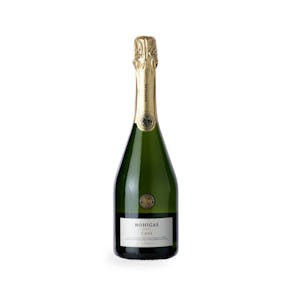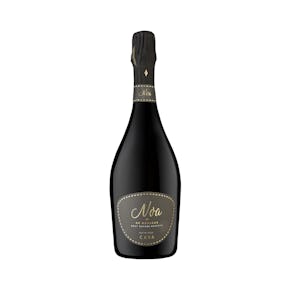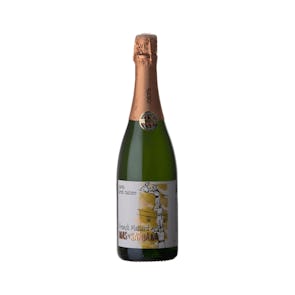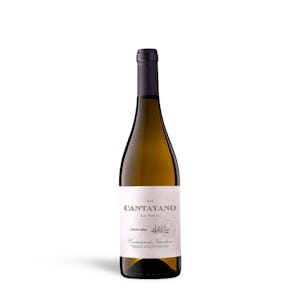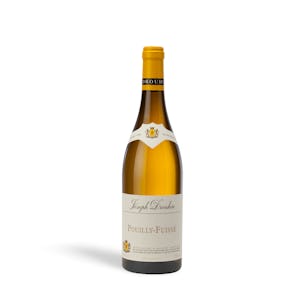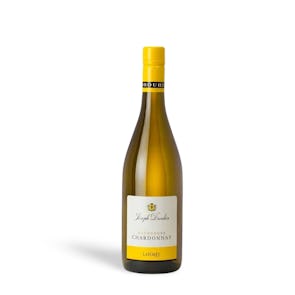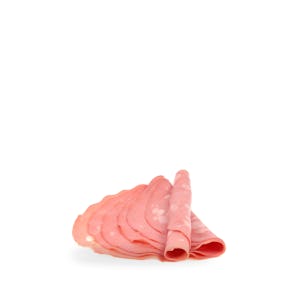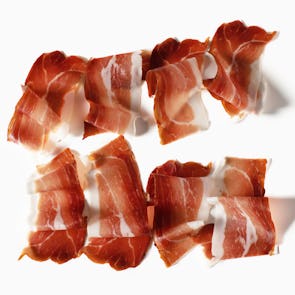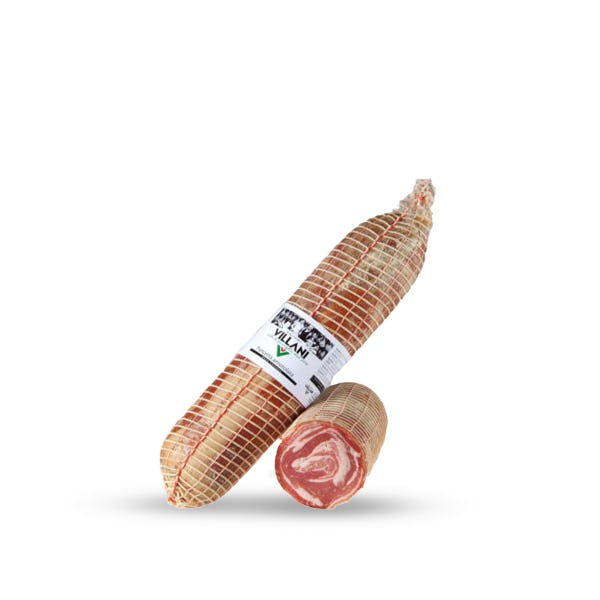
TASTING NOTES FROM THE CURATOR
Arrotolata refers to the rolled and trussed version of the pancetta, and is typically found in Northern Italy. This one from Villani is made with choice lean and derinded (pork belly with some of the fat trimmed off) Italian pork. It’s trimmed, salted, tied, dried, and cured to create a truly tasty meat that has all the great traditional flavor.
PREPARATION AND PAIRINGS
Cut in thin slices, the Villani Pancetta Arrotolata is great to eat on its own, as antipasti. Pair it with some cheeses, dried fruit, and nuts. You can also use it in pastas, pizzas, and yes, in sandwiches. Slice up some Ciabatta bread, and spread some delicious JC David Aioli Sauce onto one side. Layer some sliced tomatoes, sliced avocado, Villani Pancetta Arrotolata, and some arugula from Future Fresh. It’s a filling sandwich, perfect for a quick lunch.
THE EQUILIBRIUM OF TRADITION AND MODERNITY
Founded in 1886 in Castelnuovo Rangone, near Modena, Villani was properly established when Ernesta and Costante Villani bought a building in the town center. They were already marketing dry-cured ham, and with this venture, they expanded to producing salami, coppa, bacon, mortadella, and cooked ham.
In the 1930s, the company was already well into exporting. And Giuseppe, their son (one of eleven) had gotten an idea when he returned from the States. Drying hangers would revolutionize dry-cured pork production processes.
The idea was quickly adopted by more and more charcuterie producers, and these mobile hangers are still used today as basis for the modern drying process. But Giuseppe’s passion did not stop there. He went all over Italy, searching for new regional recipes and methods, gathering experience along the way. Eventually, Villani expanded their production to more regional specialties, sold both worldwide and in the areas where the recipes originated, which served as great recognition and appreciation for the quality of their meats.
Villani now was five processing sites, catered to making different meats according to DOP and IGP labels. The meats are still made with traditional means—manual skills fundamental to the quality, but they have also adapted to modern systems and research. The family’s coexisting spirits of tradition and modernity allowed the company to bloom into what it is now.
Storage Instructions
Vacuum-sealed packs of hand-carved cured meats can last up to five months in the refrigerator (never the freezer). Once the pack is opened, they’re best enjoyed within the day.


